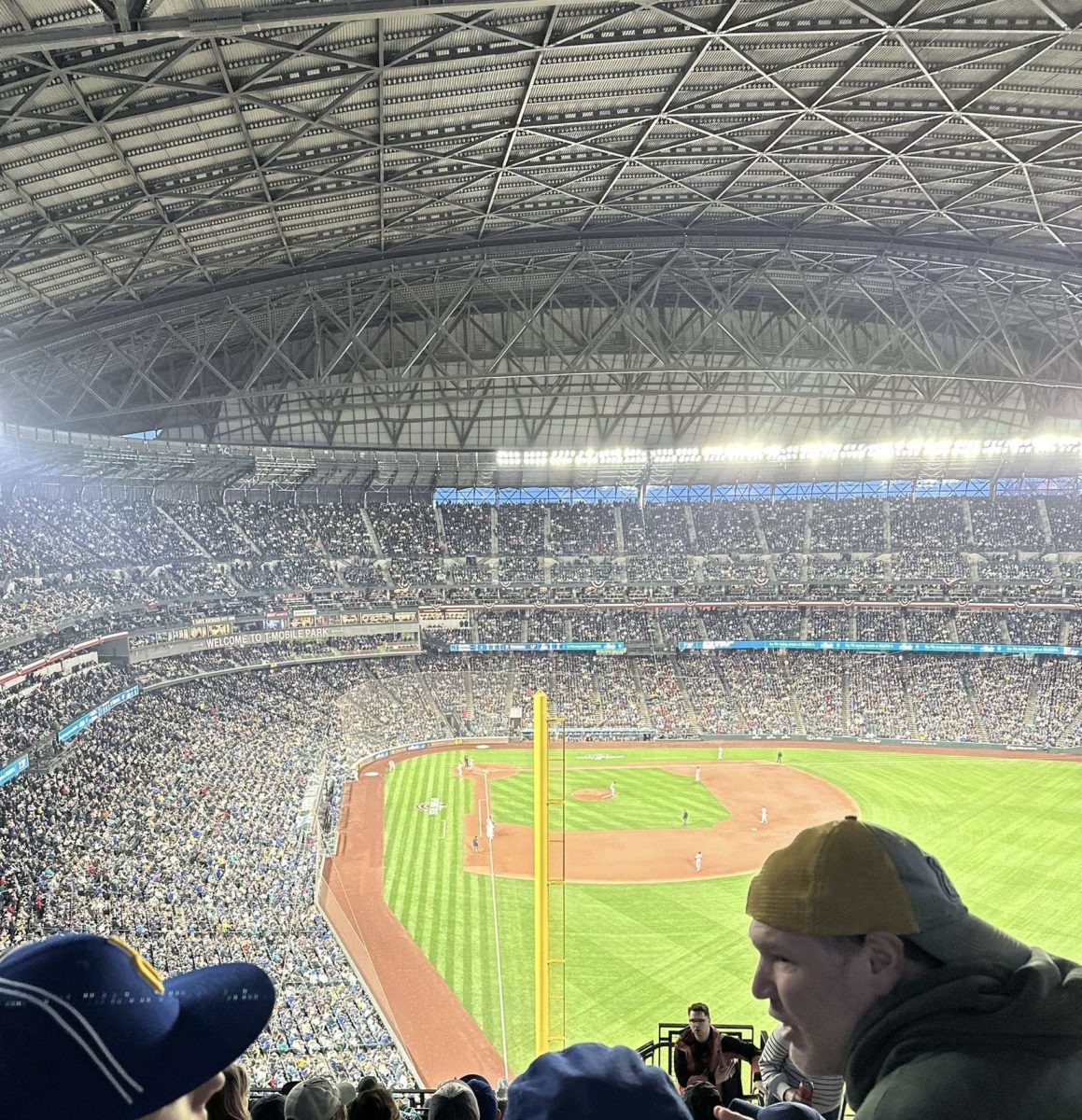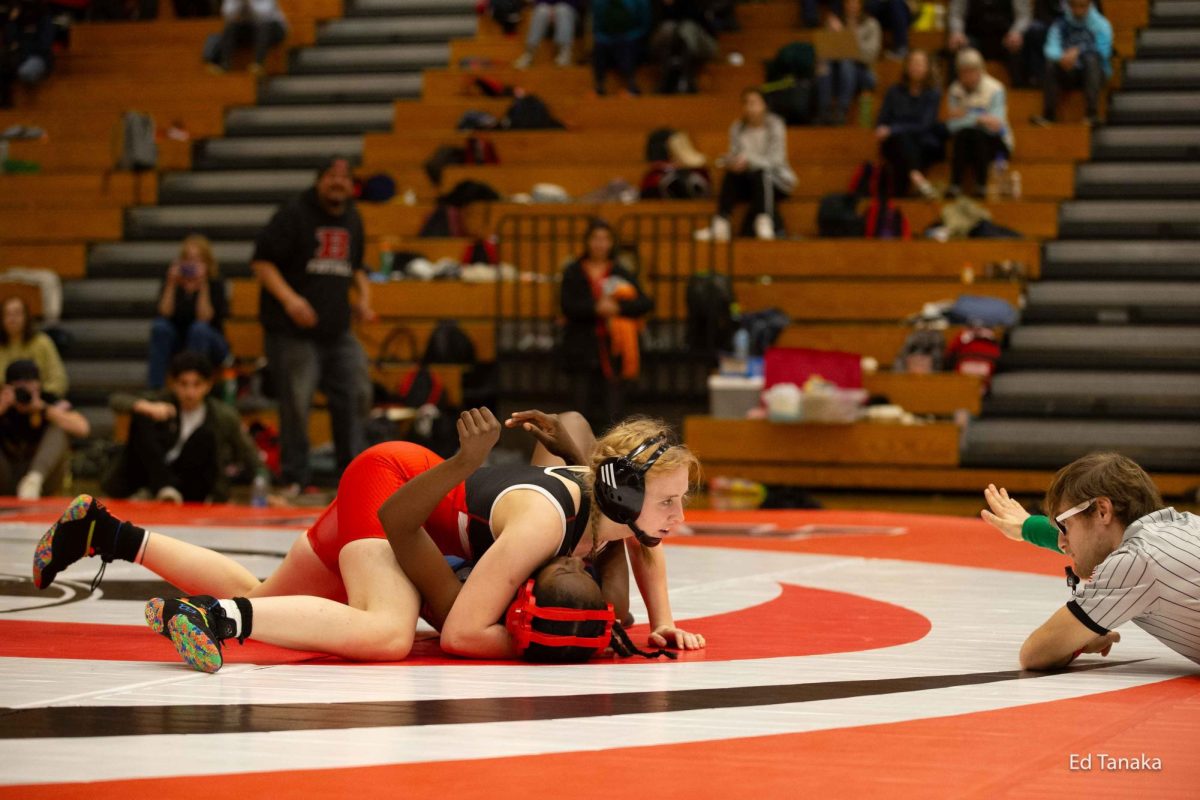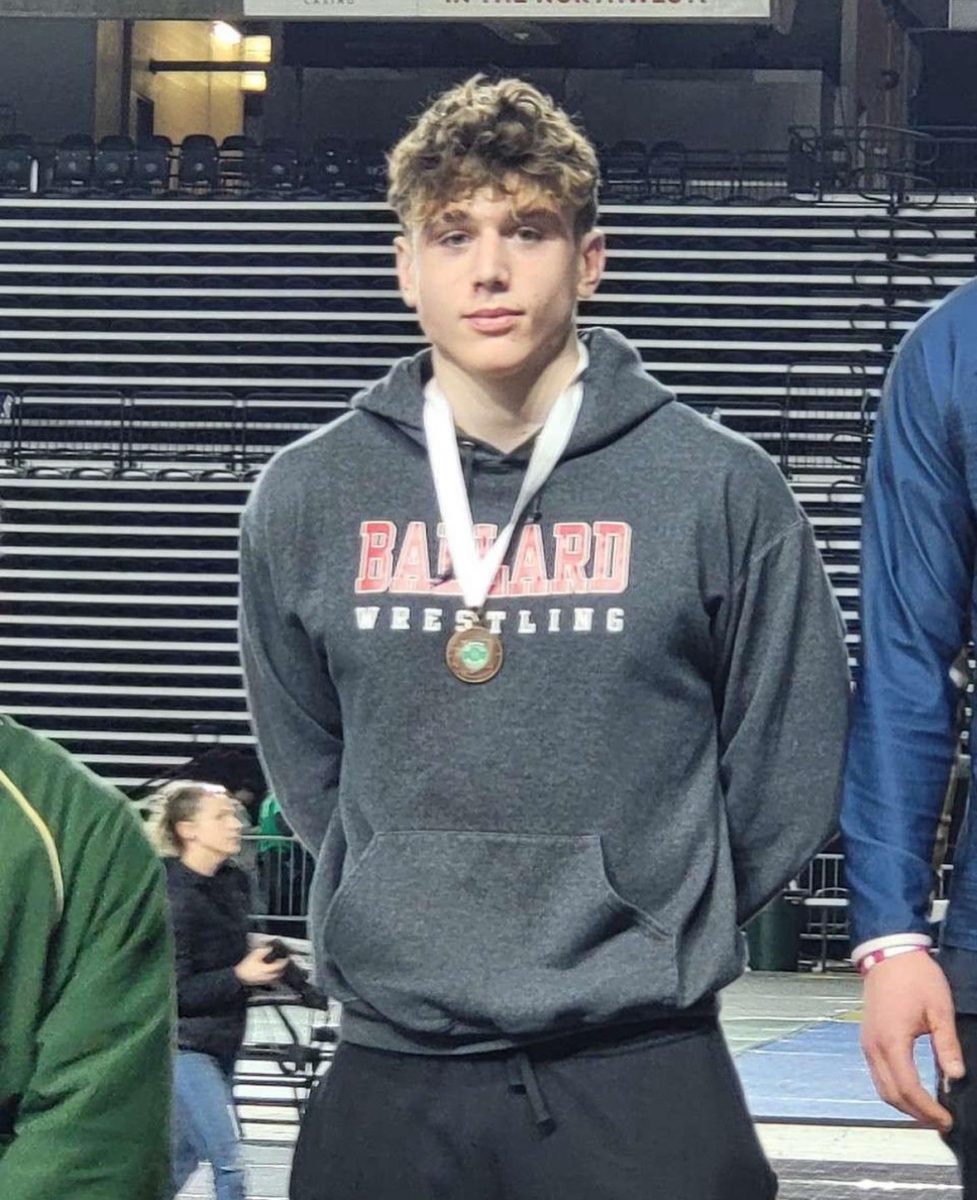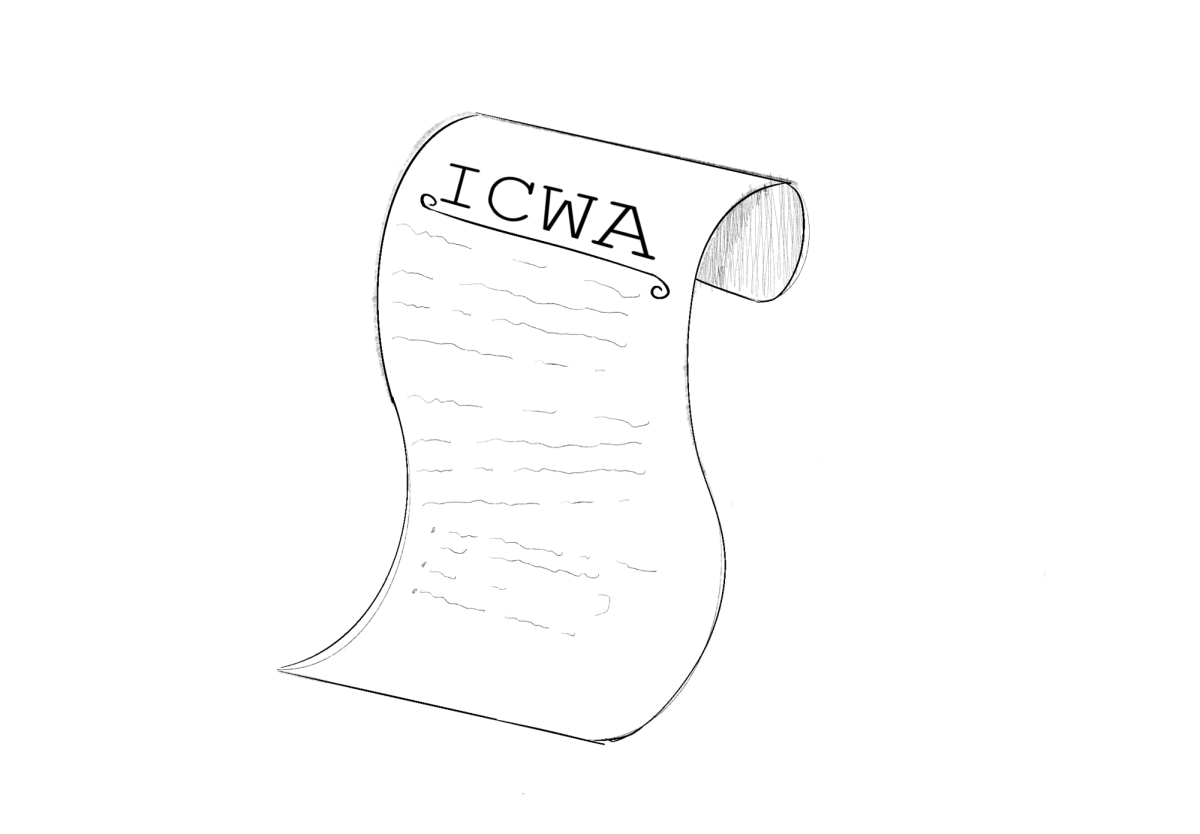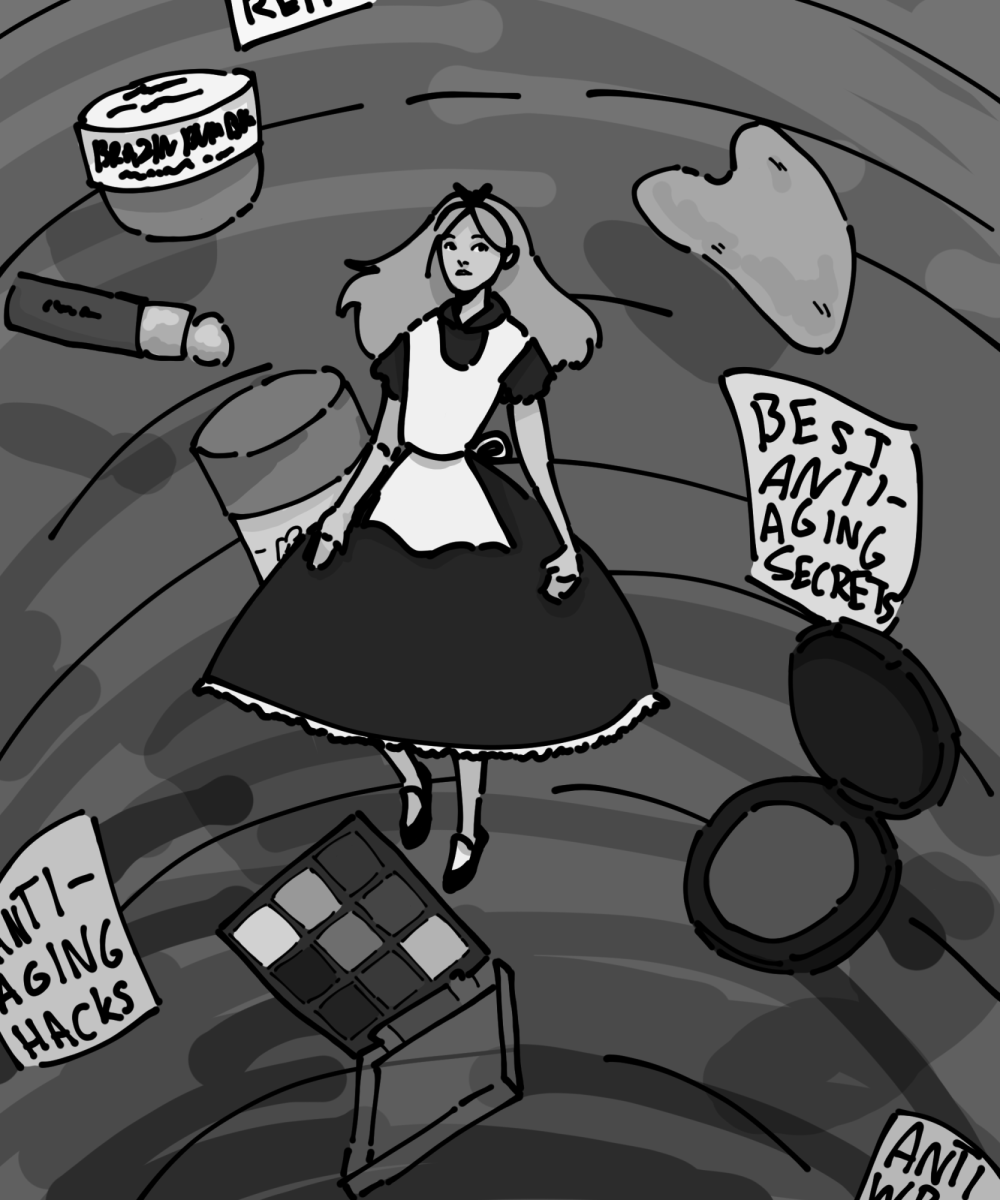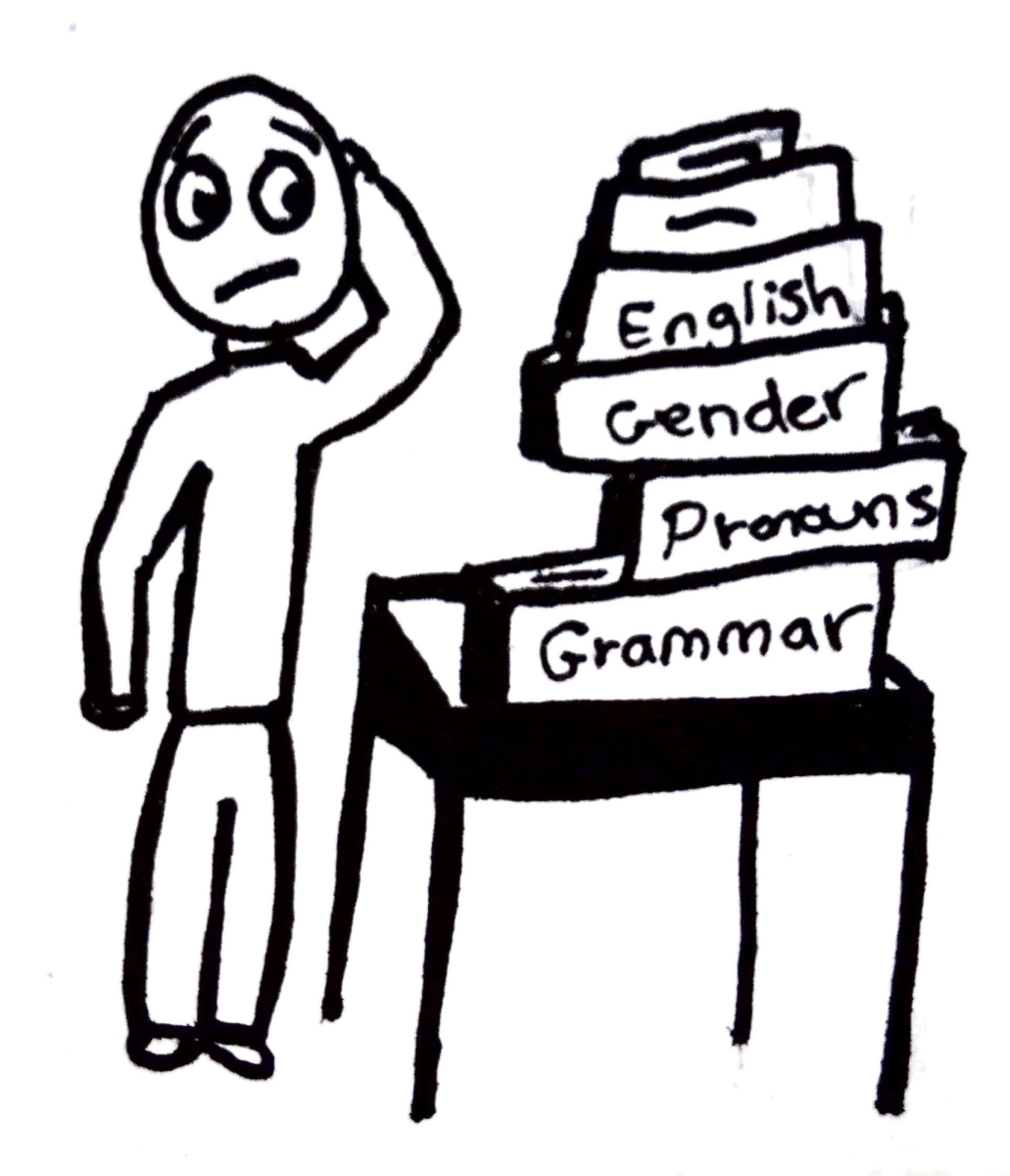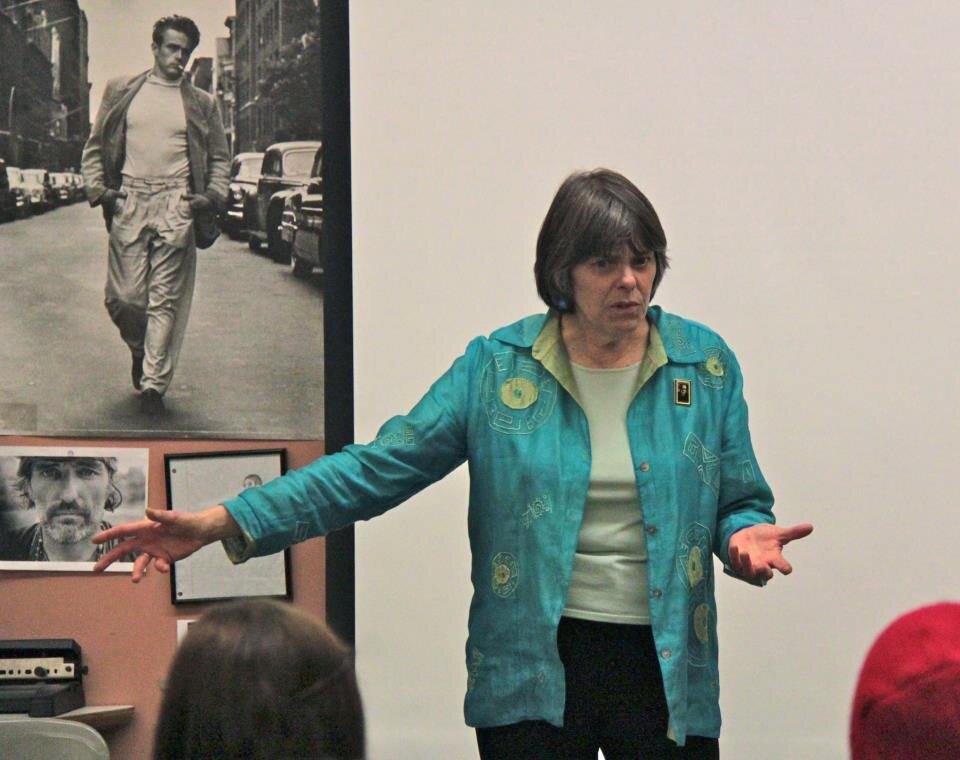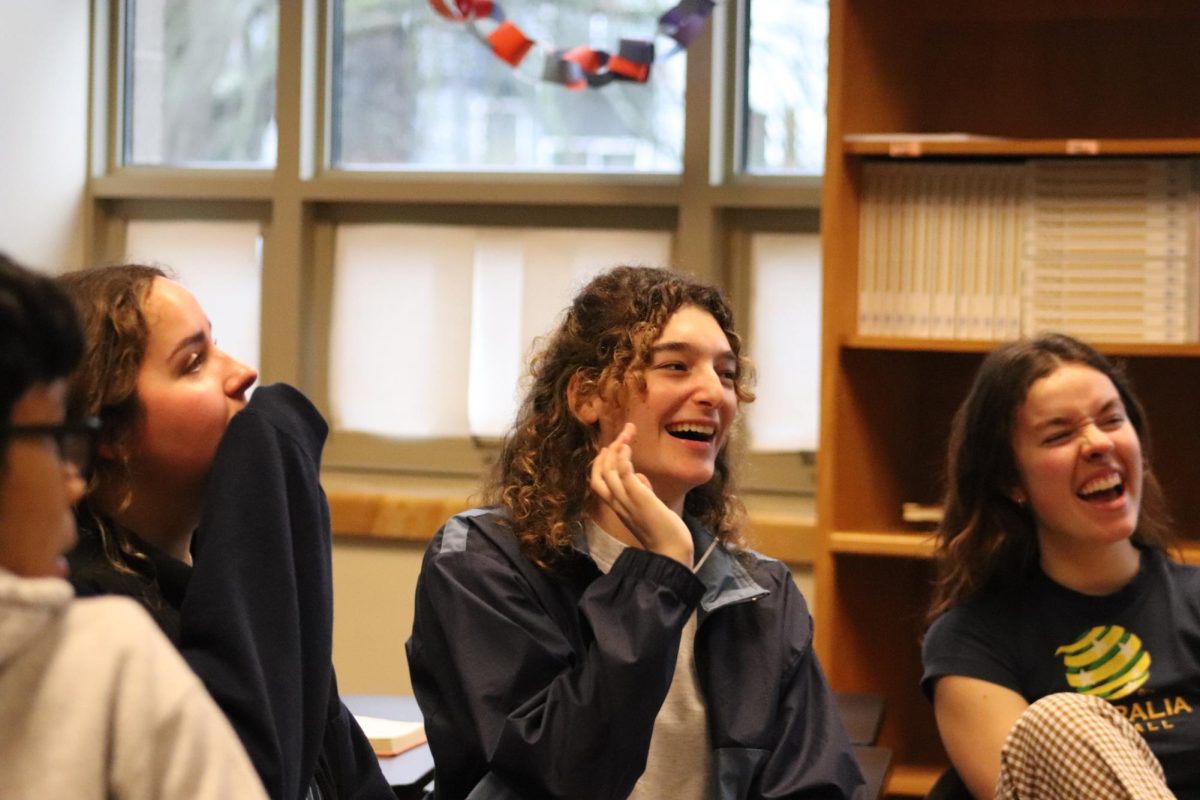Ira Zuckerman, Copy Editor
Originally published April 9, 2013
Ira Zuckerman
Mary Beth Tinker, now a Nurse, speaks to students about her black armband protest which led to the famous 1969 Supreme Court decision.
Budding journalists filled the Inglemoor High School theater. Some shared writing tips, but most were either too tired or too nervous about the upcoming competition to be social.
As a woman stepped to the front, a respectful hush ran through the crowd. Nearly everyone knew who she was and of her legacy, but those who didn’t know started listening.
This was the famed activist for free speech, Mary Beth Tinker. On March 9, as part of the Washington Journalism Education conference, she began her “Tinker Tour USA.”
On a national scale, students generally are unaware of how their in-school voices are protected by the First Amendment. In a 2006 survey conducted by the Knight Foundation, 45 percent of students surveyed agreed that the First Amendment goes too far in the rights it guarantees. In 2004, nearly 75 percent said they didn’t know how they felt about the First Amendment or that they take it for granted.
“There’s only so much control [the administration] can have over speech, but still being a minor you can only have a minor’s rights,” junior Aldo Ovando said.
In 1965, the Tinker siblings and a friend wore black armbands to school in favor of ending the war with Vietnam by making a statement at their public school in Des Moines, Iowa. She and the other students wearing the armbands were taken to the principal and were told to remove the armbands under threat of suspension.
Despite removing the armband, they were suspended anyway. Four years later, in 1969, a U.S. Supreme Court decision ruled in her favor.
“It can hardly be argued that either students or teachers shed their constitutional rights to freedom of speech or expression at the schoolhouse gate,” said Supreme Court Justice Abe Fortas in the Court’s ruling.
Fourty-four years later, her “Tinker Tour USA” is advocating expressions of speech similar to hers and other ways students can have a voice in school.
“We need to teach [student] journalists how to be journalists,” Tinker said. “It’s time for students to understand that they have power.”
Tinker is touring with Mike Hiestand, an attorney at the Student Press Law Center, with over 20 years of experience and 15,000 student consultations under his belt.
“It’s way better for students, it’s way better for the school, it’s way better for everyone when you have rights,” Hiestand said.
Tinker recalled multiple stories of student journalists from across the country who made a difference, in hopes of inspiring more students, journalists or not, to stand up for what they believe in.
One example was of a Mississippi high school student Sarah Kavanagh’s petition to have Gatorade remove the ingredient brominated vegetable oil (BVO) from their drinks. The petition gained enough steam to catch Gatorade’s attention, and now Gatorade is taking out BVO from all their drinks.
“Just use the courage you have to make a stand,” Tinker said.
![West Seattle High School’s (WSHS) Chinese program is closing down and teachers in the program are informed to transfer to a different high school. At WSHS, 475 both former and current students have signed a petition to help teacher Ying Yu continue her Chinese program. She shares that initially, the program offered only four classes with 90 students but with her initiatives, the program grew to be full-time with 154 students and 137 students on the waiting list. (Seattle Public Schools Board Meeting YouTube Channel: Seattle Schools Board Meeting May 8, 2024, [58:25])](https://ballardtalisman.org/wp-content/uploads/2024/06/Screenshot-2024-06-14-134038.png)
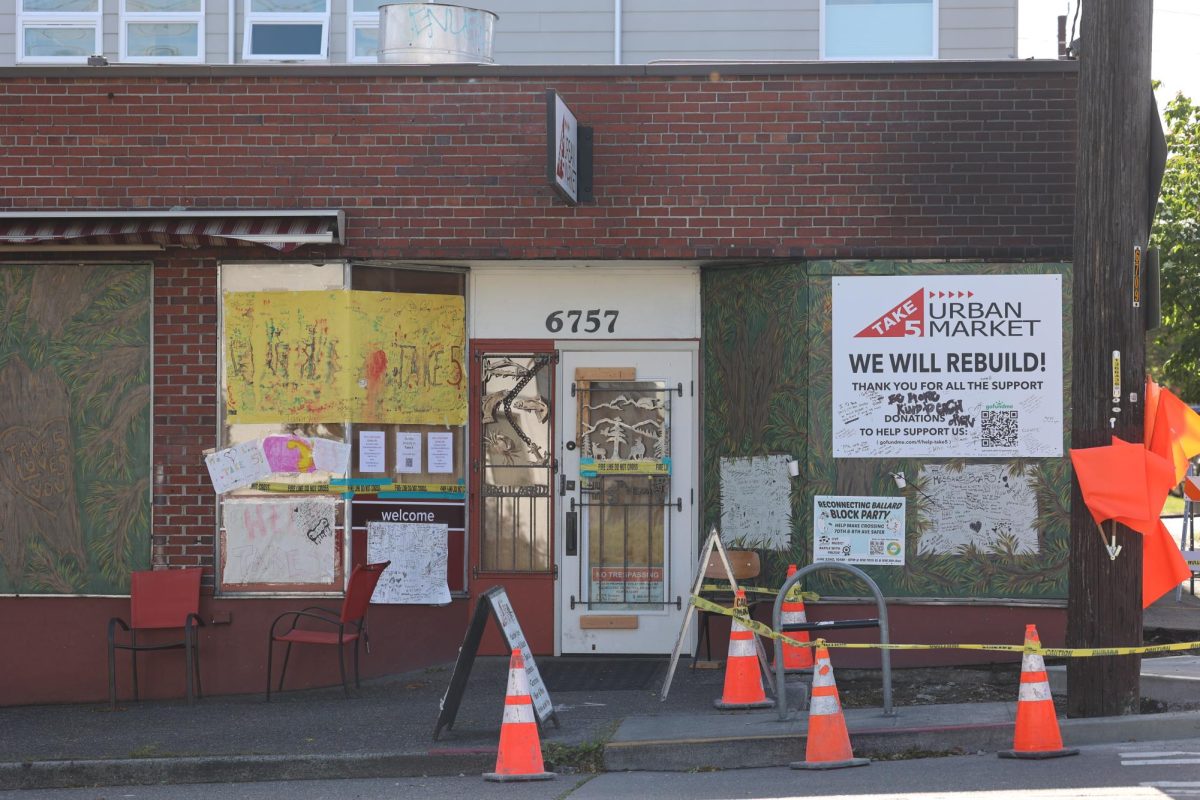
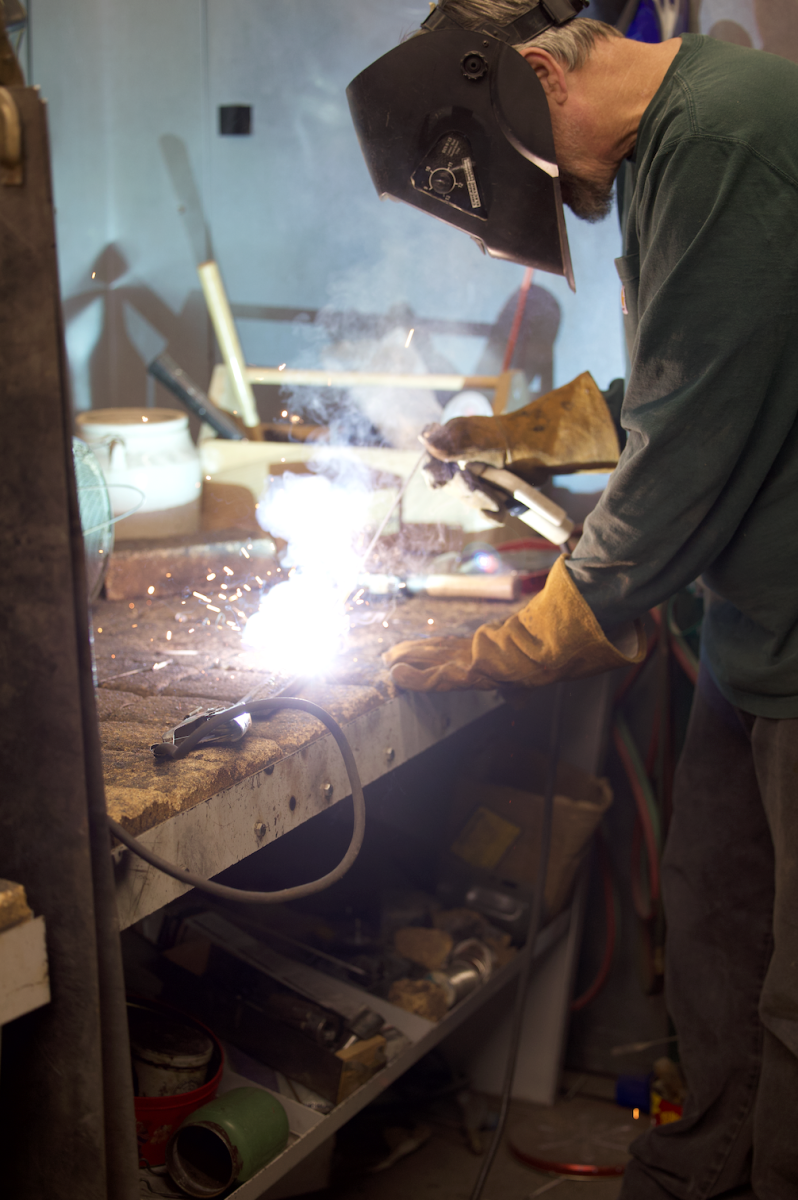
![“Link Crew is meant to be a way for [upperclassmen] to help ninth graders with the transition to high school,” Laura Lehni, language arts teacher, ASB advisor and Link coordinator, said](https://ballardtalisman.org/wp-content/uploads/2024/05/IMG_4601-1200x800.jpg)



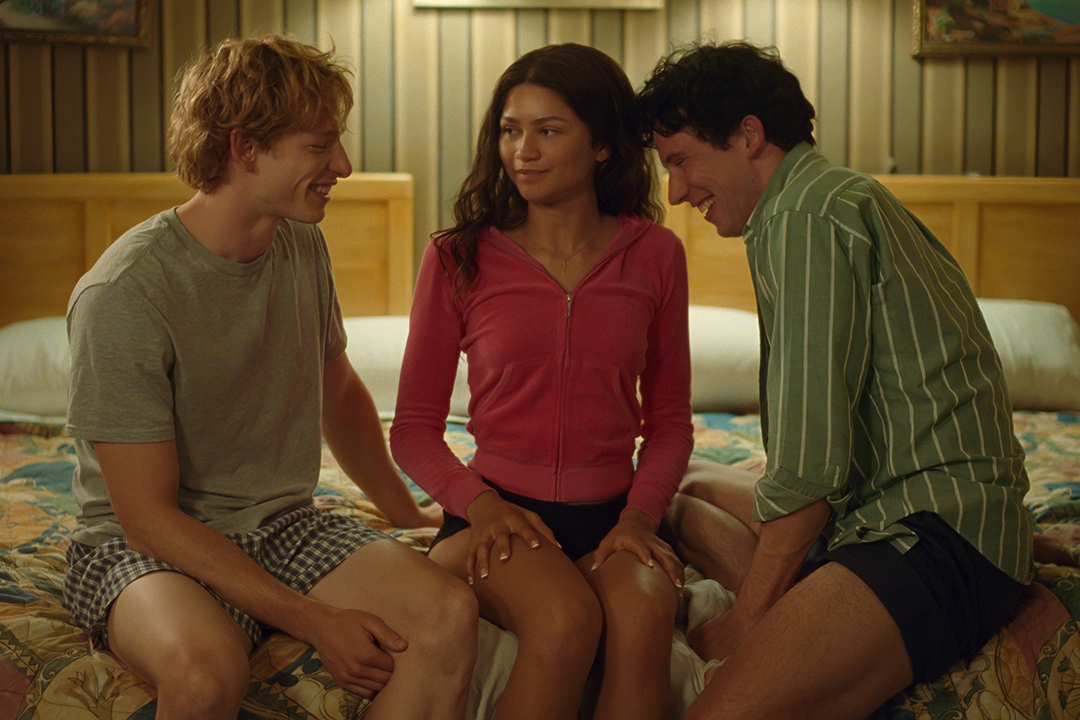
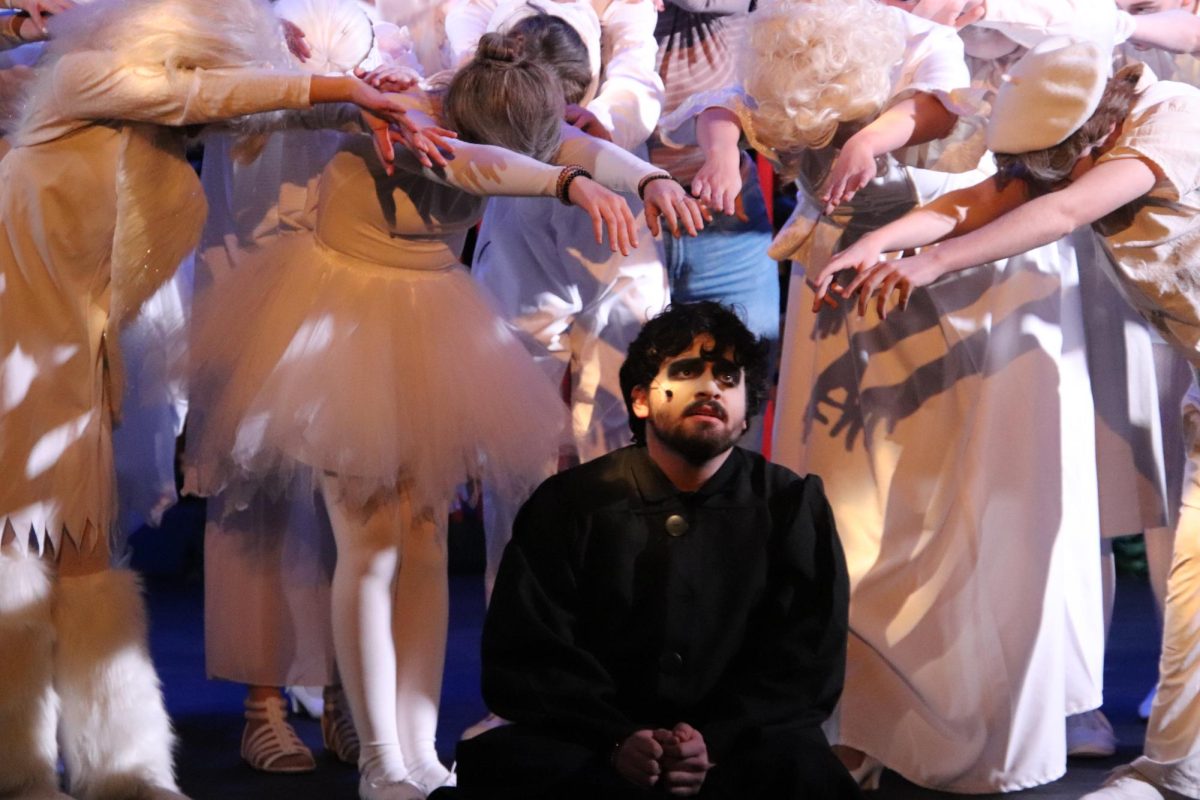
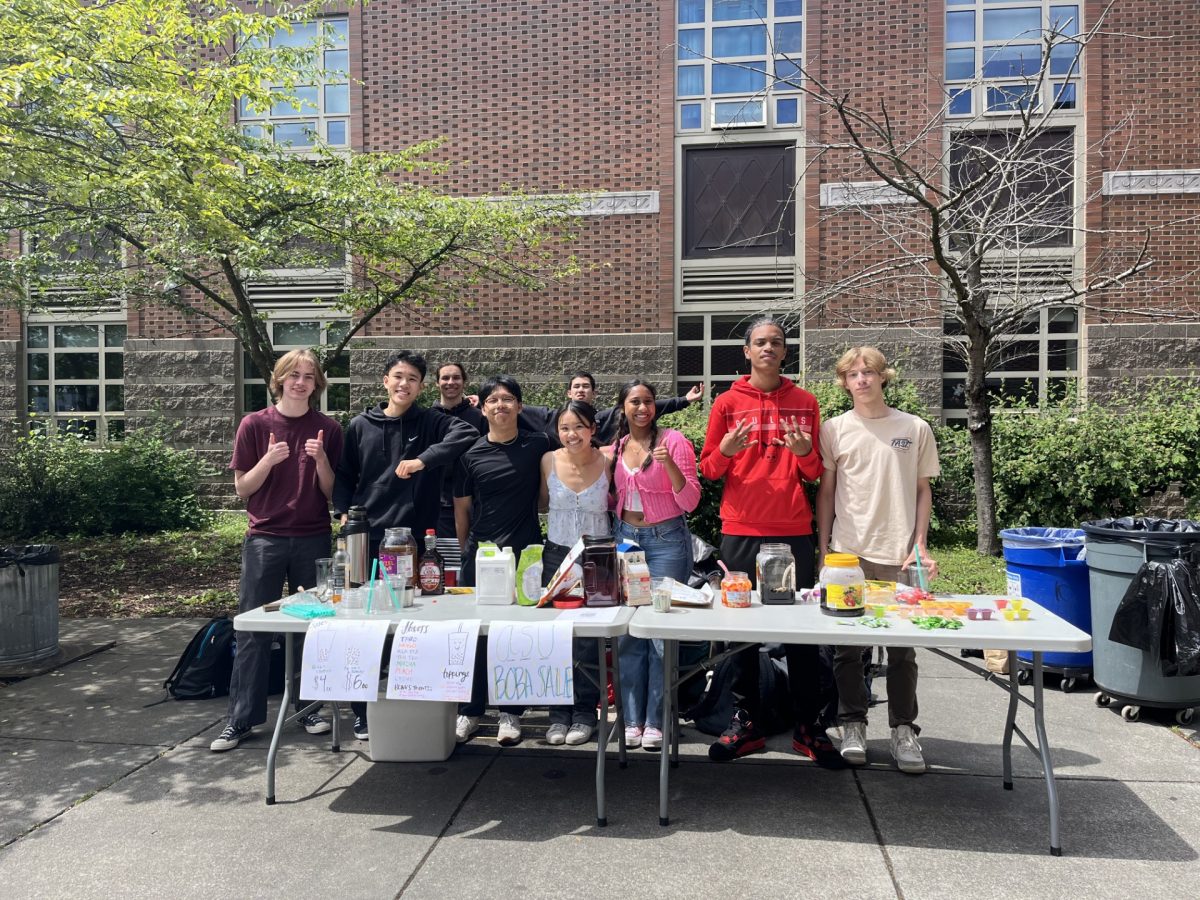
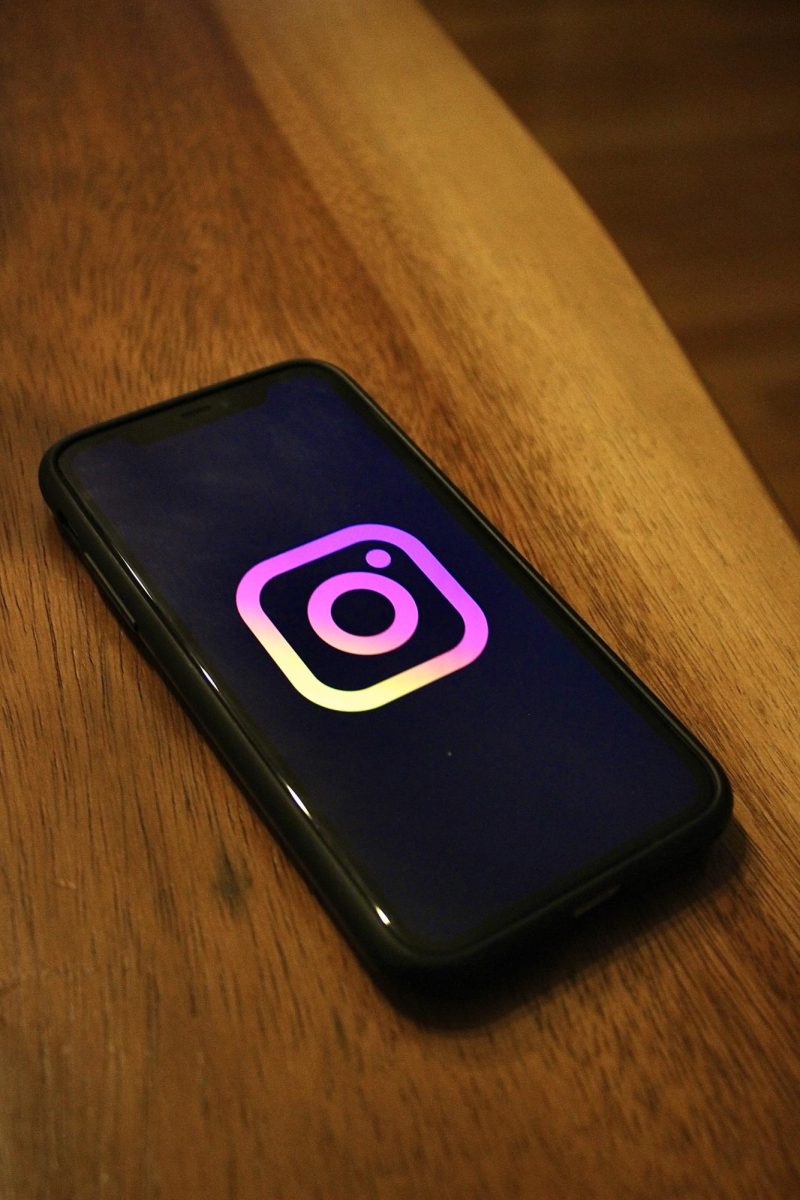
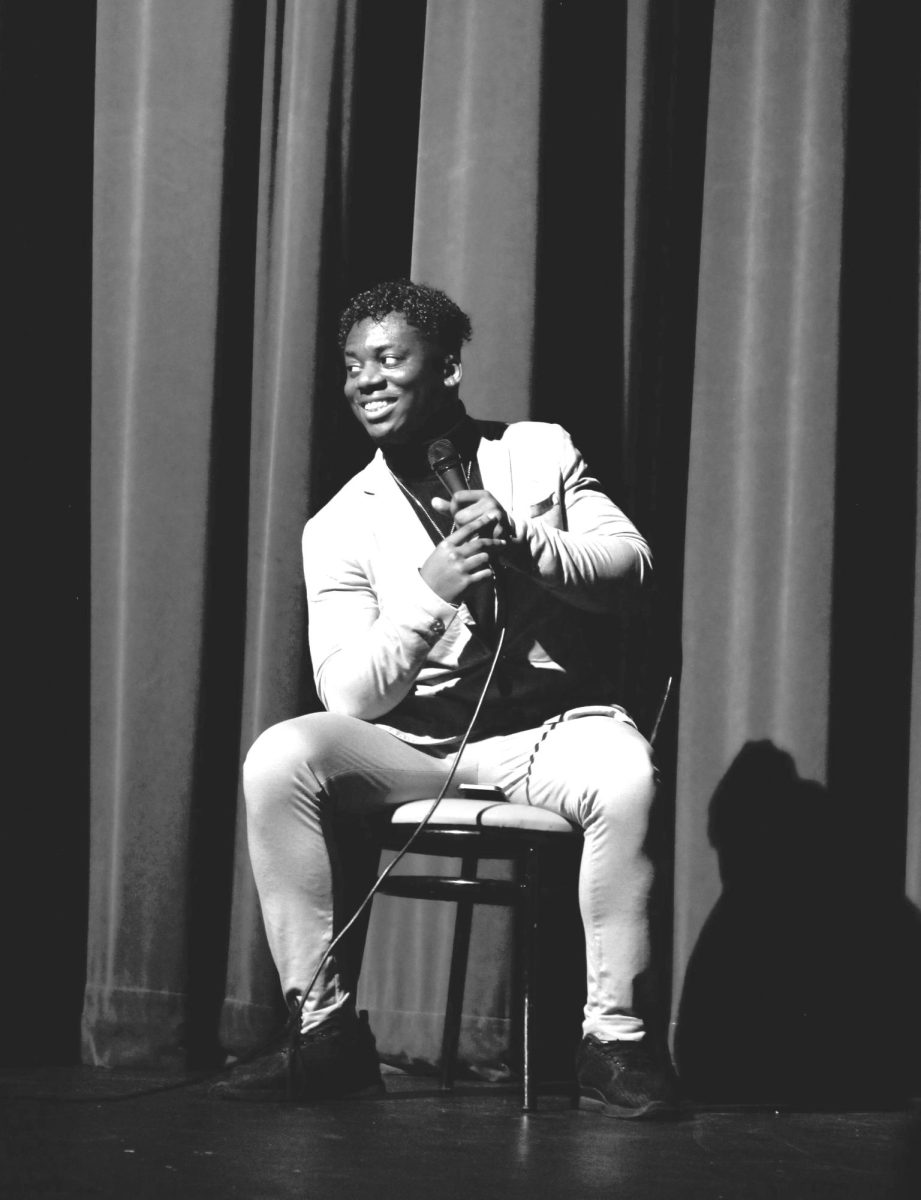

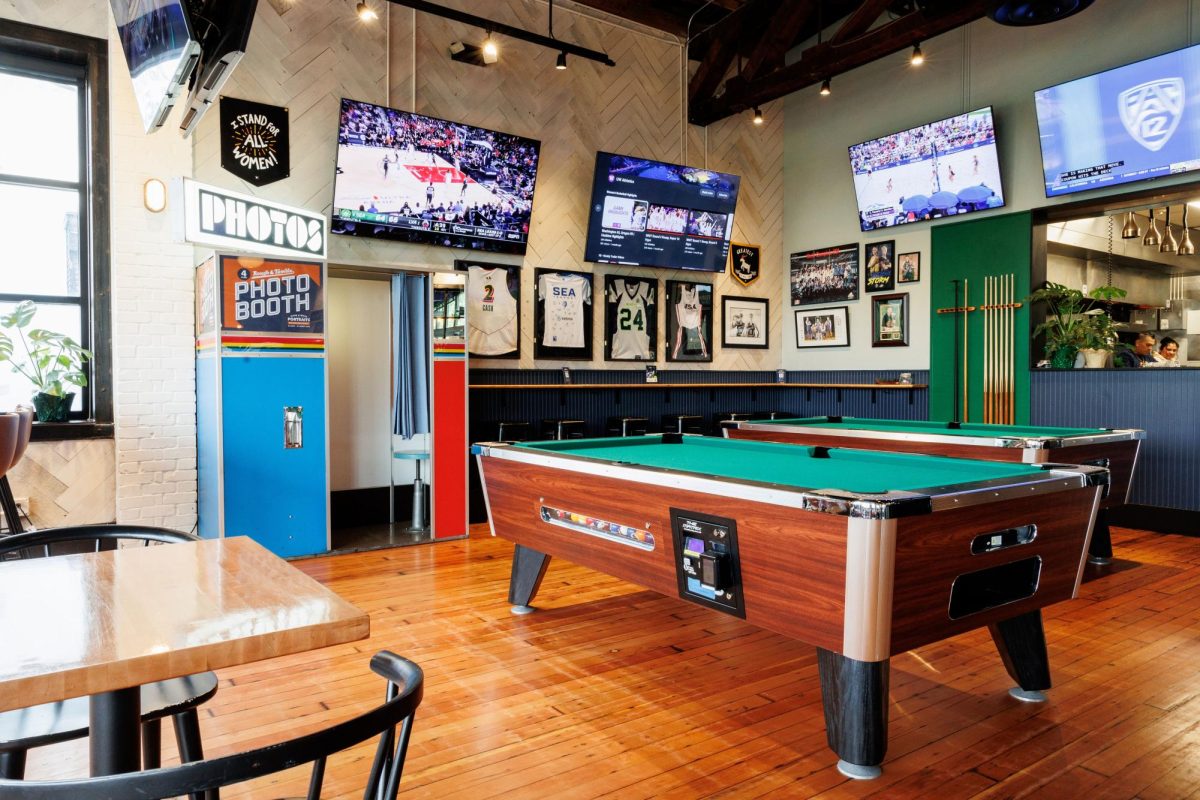
![Henry Willy [pictured left] taking the field with his teammates in a 10-11 loss vs. Saas.](https://ballardtalisman.org/wp-content/uploads/2024/05/IMG_2431.jpg)
